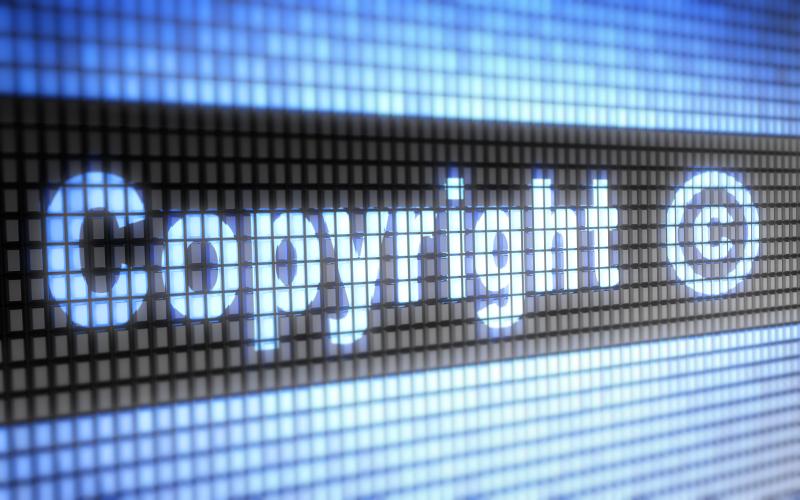
Launched in November 2022, ChatGPT is a chatbot created by OpenAI which generates “human-like text” in response to questions asked by users. It has already gained international fame, with millions of users utilising and sharing their conversations.
Although famed for its realistic conversation style, the chatbot has also been criticised for its accuracy, bias, truthfulness, and occasionally hostile approach to users’ questioning of its responses. Especially importantly for any creators, ChatGPT has also presented some complicated questions in relation to copyright.
What is ChatGPT?
It is important to distinguish between ChatGPT and other chatbots we may have all used in the past. Traditionally, chatbots do not ‘learn’, but are instead a pre-programmed method of attempting to provide users with information before directing them to a human assistant if this cannot be provided. As such, many users find themselves in a frustrating loop between 2 or 3 pre-programmed responses.
In contrast, ChatGPT utilises machine learning in order to respond to users’ questions in a ‘human-like’ manner, and continuously develops based on the context and language that users provide. In order to achieve this, ChatGPT was trained on information from a huge range of sources, including newspapers, websites etc.
What is Copyright?
Copyright is a form of intellectual property protection over literary, musical, and artistic works. Although most people associate it most strongly with works like novels and songs, it also exists in a whole range of other written works including newspaper articles, software, and many other original works.
The owner of any copyright work has a variety of exclusive rights, ranging from the right to control the reproduction and distribution of the work through to the right to be recognised as the copyright holder. Importantly, if these rights are infringed, the copyright owner has the right to commence legal proceedings against those responsible.
How does ChatGPT impact copyright?
The intersection of the two is clearly important, both for OpenAI and anyone wanting to use the output from ChatGPT. The widespread use and popularity of ChatGPT has caused many to explore this question, and the European Commission have even put out a news article explaining the risks to potential users.
It is firstly important to note that, in almost all jurisdictions, ‘AI’ itself can neither own IP rights nor be recognised as an author, as it is not a recognised legal entity.
That said, the terms of use for ChatGPT make it clear that, even if the results were capable of protection, the user of the chatbot is assigned the IP rights in the output (i.e. the responses that are given). However, it also makes it clear that there are no guarantees either that the output is unique (as the same response may be given to two or more users) nor that it does not infringe on existing copyright protected works.
As a reminder, ChatGPT was trained on a huge amount of data – data which it can summarise or repeat to users, whether explicitly asked to or not. It is important to note that in Europe text and data mining is not considered copyright infringement; while copyright holders can opt out of this, it is difficult to envisage how such a right could be exercised and respected.
As such, although the mechanisms by which ChatGPT was trained may not constitute copyright infringement themselves, ChatGPT could subsequently produce material in response to any question by a user, which directly infringes an existing copyright holder’s work. Unfortunately, there is no easy way for users to tell what, if any, of ChatGPT’s responses have been pulled directly from an existing (and protected by copyright) work, nor who the author of this original work is.
As such, although it can be very fun to turn to AI generators such as ChatGPT for inspiration, users should be very wary that non-personal use of these responses could result in copyright infringement proceedings being filed against them.
Is this just ChatGPT?
Unfortunately, ChatGPT is not alone in raising these intellectual property related questions. Just last month, Getty Images initiated legal proceedings against Stability AI for using millions of Getty Images pictures to train its AI image generator ‘Stable Diffusion’. Indeed, independent artists have also voiced similar concerns to the company – many were unaware and uncompensated for the role their (copyright protected) work played in training the AI.
How can Thorntons help?
If you are looking at protecting your own intellectual property rights, or acquiring a license to/ownership over another’s, it is crucially important to obtain legal advice before, during, and after the transaction, especially in novel areas such as digital assets. With experts in the field, including a Chartered Trade Mark Attorney, we will guide you through the process, providing you with a bespoke service tailored to your business’s needs. Please do not hesitate to get in contact on 03330 430350.

